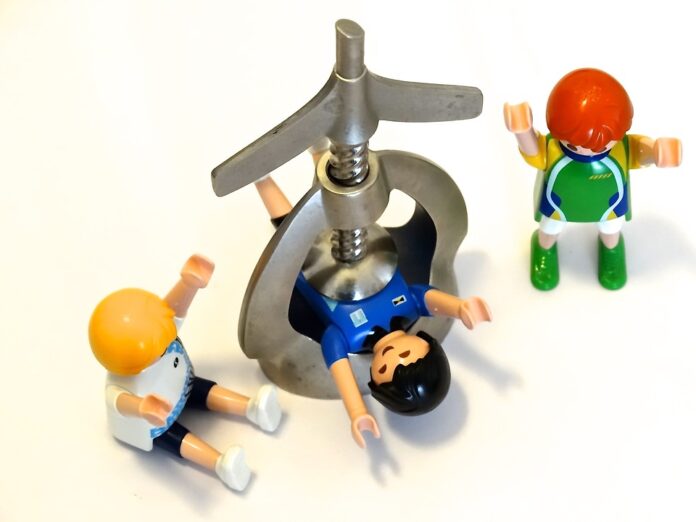Social media has become an integral part of modern society, with platforms like Facebook, Twitter, and Instagram playing a significant role in how people communicate, get information, and interact with one another. This has led to both positive and negative effects on individuals, communities, and even governments. In this article, we will explore the various ways in which social media has impacted society in recent years.
Positive impacts of social media
Social media has allowed people to connect with others from all around the world, making it easier to stay in touch with friends and family members. It has also provided a platform for individuals to share their thoughts, ideas, and experiences with a larger audience. Social media has been used as a tool for activism and social change, with many movements gaining momentum through online platforms. Additionally, social media has made it easier for businesses to reach potential customers and has created new opportunities for marketing and advertising.
Negative impacts of social media
Despite its many benefits, social media has also had negative impacts on society. One major concern is the spread of misinformation and fake news, which can have serious consequences for individuals and communities. Social media has also been linked to increased feelings of loneliness and depression, as people compare their lives to others’ highlight reels. Cyberbullying and online harassment have become more prevalent, leading to mental health issues in many individuals. Moreover, the addictive nature of social media has raised concerns about its impact on productivity and overall well-being.
Political impacts of social media
Social media has had a profound impact on politics, with politicians and political parties using platforms like Twitter and Facebook to reach and engage with voters. Social media has been used to spread propaganda and manipulate public opinion, leading to concerns about the integrity of elections. The rise of social media influencers and online activism has also changed the way political movements are organized and promoted. It has become increasingly challenging for governments to regulate and monitor the spread of misinformation and hate speech on social media platforms.
Future outlook
As social media continues to evolve and change, it is essential for individuals, governments, and businesses to adapt to the new digital landscape. It is crucial to be mindful of the impact of social media on mental health and well-being and take steps to mitigate the negative effects. Governments must work towards regulating social media platforms to ensure the safety and security of users online. Businesses should leverage social media as a powerful marketing tool while being mindful of ethical considerations and the impact on society as a whole.
FAQ
Q: What are some positive impacts of social media?
A: Social media allows people to connect globally, share ideas, and provides a platform for activism.
Q: What are some negative impacts of social media?
A: Social media can spread misinformation, lead to loneliness, cyberbullying, and affect mental health.
Q: How has social media affected politics?
A: Social media has changed how politicians engage with voters, spread propaganda, and organize political movements.
Conclusion
In conclusion, social media has become an integral part of modern society, with far-reaching implications for individuals, communities, and governments. While it has brought many benefits, such as increased connectivity and opportunities for activism, social media also has negative impacts that must be addressed. It is essential for all stakeholders to work together to ensure that social media is used responsibly and ethically to create a positive impact on society.


